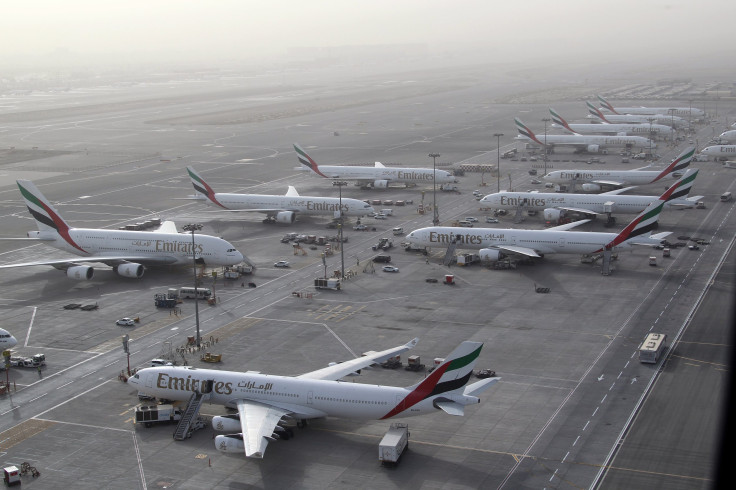Dubai Ruler Approves $32B Plan To Make Al Maktoum International Into World's Largest Airport

Dubai’s ruler Sheik Mohammed bin Rashid Al Maktoum has approved a $32 billion expansion plan to make its Al Maktoum International airport into the world’s largest and busiest airport. Dubai International, the city's current aviation hub, is the world's seventh busiest airport.
Al Maktoum, which is expected to be fully ready in six to eight years, will have the capacity to handle more than 200 million passengers a year, up from the 66.4 million passengers handled by Dubai International last year. In the first phase of expansion, Al Maktoum International plans to extend the runways and terminal space to handle 120 million passengers and 100 double-decker Airbus 380 jets at the same time. Al Maktoum airport, which was inaugurated in August 2010, lies about 40 miles southwest of Dubai International.
"We have now launched the first phase, which is for a 120-million-passenger capacity required to enable the Emirates' hub to relocate," to Al-Maktoum International in the Dubai World Central economic zone, Dubai Airports chief Paul Griffiths told Agence France-Presse, or AFP, on Monday. Dubai International, which is a major link between the West, and Asia and Australasia, is the current hub of Emirates airline, and has helped extend the carrier's vast worldwide network.
The Hartsfield-Jackson Atlanta International Airport, currently the busiest airport in the world, handled 94.4 million passengers last year, according to Associated Press, or AP.
Griffiths added, according to AFP, that the announcement is to confirm that “the strategic decision that was made some time ago of Dubai World Central being the airport for the future has been reaffirmed."
The Al Maktoum airport project took off before the 2009 recession hit the country and stalled operations until a cargo service opened in 2010. In October 2013, the airport opened passenger service to smaller airlines and low-cost carriers, according to AFP.
© Copyright IBTimes 2024. All rights reserved.





















